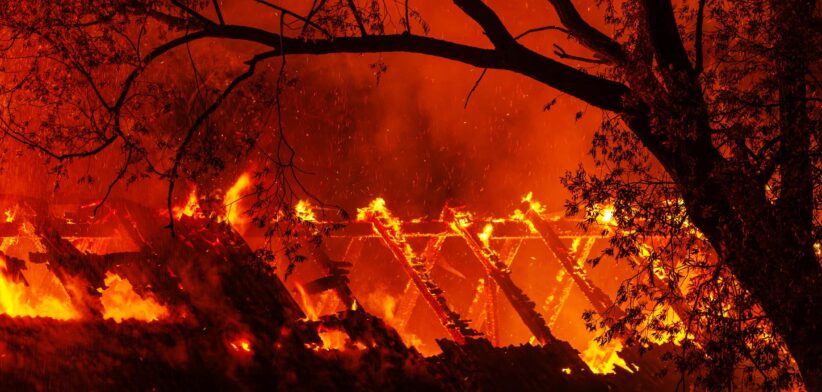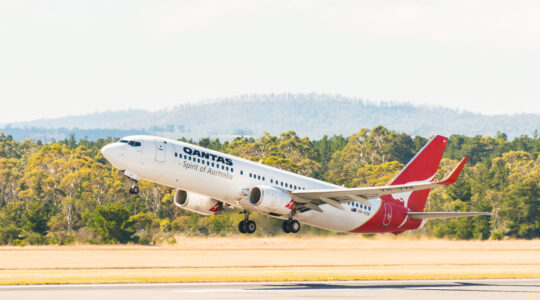Some Australian communities have had to cope with almost 50 natural disasters over the past five years.
New Climate Council research also found the Australian Government, on average, had been called on more than three times a month to provide financial assistance to states and territories since 2019.
The report, Too close to home, prepared by environmental group Emergency Leaders for Climate Action (ELCA) stated increasing instances of disasters had forced Australians to move 240,000 times in recent years.
ELCA founder Greg Mullins said the report revealed the communities hit the hardest by consecutive disasters and made the case for why more investment into community preparedness was critical.
It found some communities were being repeatedly hit by fires, floods and storms with little time to recover in between.
The highest incidence of disasters recorded were in Victoria, with the Baw Baw region dealing with 47 events since 2019-20, while the Yarra Ranges (42), Wellington (37) and East Gippsland (39) were also hard hit.
In Queensland, the Cook (28) and Carpentaria (25) regions were regularly in the firing line.
Mr Mullins said communities and first responders were struggling to cope with increasingly frequent climate-fuelled disasters.
“Financial assistance has been called for and provided by the Australian Government in response to disasters 226 times over the past five years, with four out of five of local government areas across the country impacted,” he said.
The report stated that between 2008-09 and 2022-23 there were 240,828 displacements – or forced movements – across Australia due to extreme weather events, with two thirds of these occurring between 2018-19 – 2022-23.
Mr Mullins said there needed to be urgent cuts to climate pollution to protect communities facing worsening impacts.
“Firefighters and other emergency responders are being pushed to their limits by increasingly frequent, intensifying disasters, fuelled by climate pollution,” he said.
“They are tireless in their efforts to protect Australians but, as we saw during the Black Summer bushfires and subsequent record floods, they’re regularly being overwhelmed by climate fuelled disasters.
“It is past time we tilt the balance from responding to disasters to preventing and preparing for them, and building community capacity, rather than relying solely on responses by emergency services.”
Mr Mullins said unprepared communities lost more homes and lives than prepared communities.
“We need more resources to be available so people in our communities can keep each other safe when disasters strike.”








